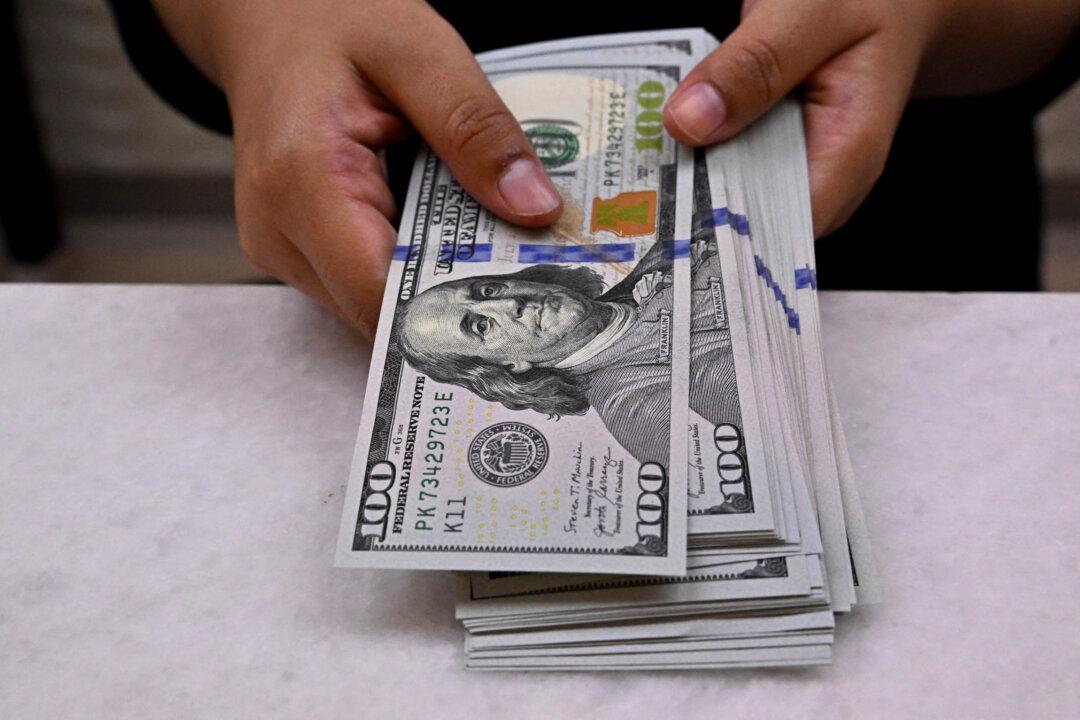Mississippi law enforcement officers wrongly seized hundreds of thousands of dollars from a man after pulling him over, the state’s appeals court ruled on Oct. 8.
Brandon Police Department officers wrongly took what Rae Young Chung, a South Korean native and California resident, described as his life savings, the Court of Appeals of the State of Mississippi ruled.





